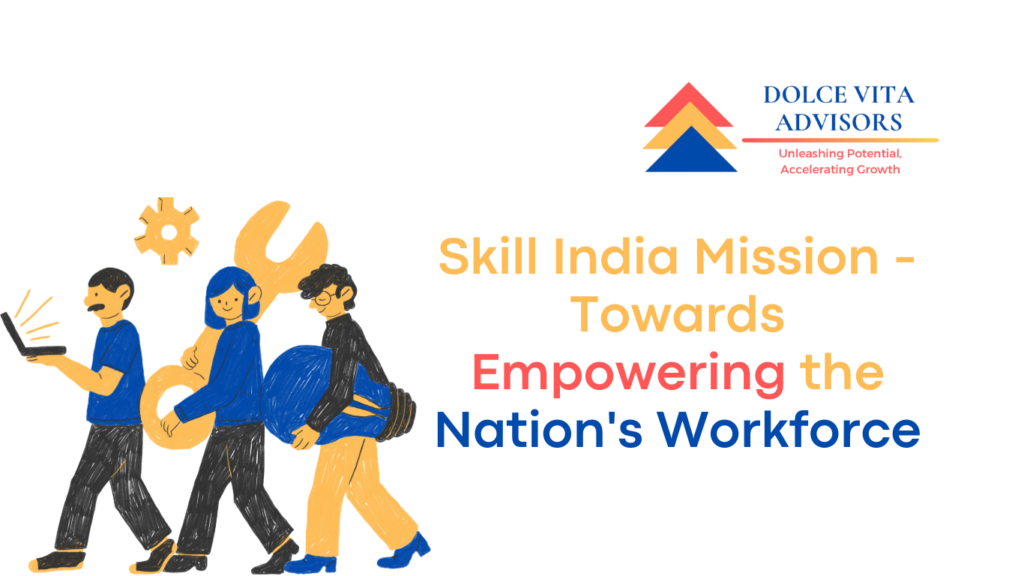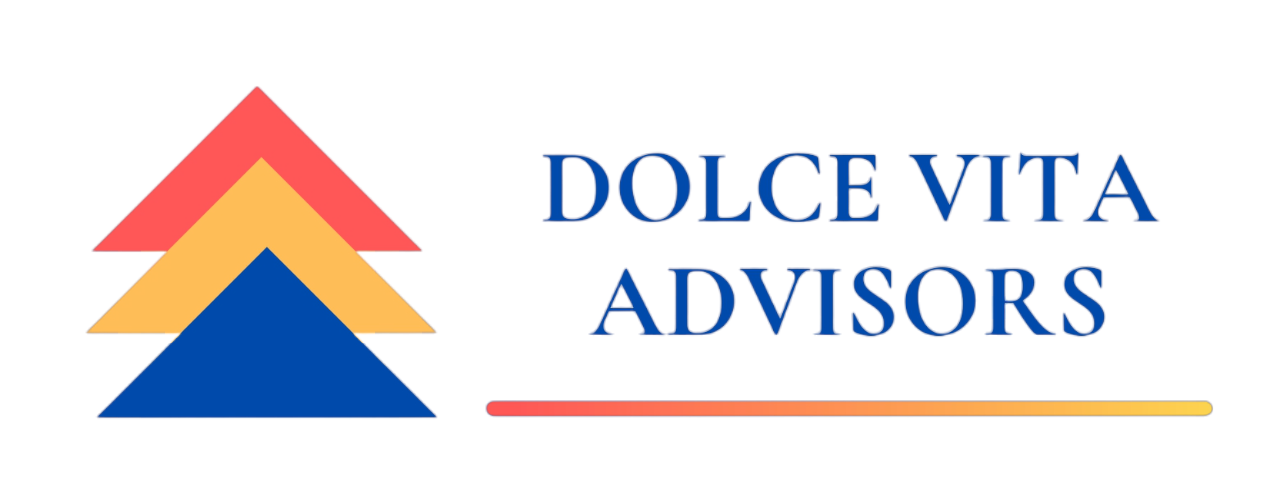
Insights by: Sumit Kochar & Neha Jha
India, with its large and youthful population, possesses significant potential to become a global powerhouse and a hub for skills. With over 65% of its population under the age of 35, the country’s young workforce can drive developmental transformation and economic growth. Recognizing this potential, the United Nations designated July 15th as World Youth Skills Day to show the importance of equipping young people with skills for employment and entrepreneurship. In this article, we delve into the framework and initiatives undertaken by the Indian government in recent years to foster skill development.
Evolution of Skill India Initiatives
The journey towards enhancing skill development in India commenced with the National Policy on Skill Development (NPSD) in 2009, acknowledging the inadequacies of the traditional education system in imparting job-ready skills. The subsequent launch of the National Skill India Mission in 2015 aimed to address the fragmented approach of previous programs and introduced a comprehensive framework for skill enhancement. This initiative aligned with the National Policy on Skill Development and Entrepreneurship, 2015, which emphasized lifelong learning, integration of skill training with formal education, and quality outcomes for enhanced employability and productivity.
Objectives of National Policy on Skill Development and Entrepreneurship, 2015
- Empower individuals through lifelong learning and competency accumulation.
- Make vocational training aspirational for youth and emphasize the productivity of a skilled workforce.
- Integrate skill training with formal education to enhance employability and productivity.
- Expand training infrastructure and align skill supply with industry needs.
- Promote national standards, quality assurance, and technology for scalability.
- Address the skill development needs of disadvantaged groups, including women.
- Encourage stakeholder commitment and coordination for effective implementation.
Skill India Mission
Implemented by the Ministry of Skill Development and Entrepreneurship (MSDE), the Skill India Mission aims to empower the country’s youth by providing them with skills and training for enhanced employability. This flagship program comprises various components, including the Pradhan Mantri Kaushal Vikas Yojana (PMKVY), Sector Skill Councils (SSCs), Recognition of Prior Learning (RPL), Jan Shikshan Sansthan (JSS), National Apprenticeship Promotion Scheme-2 (NAPS-2), Craftsman Training Scheme (CTS) and the National Skills Qualifications Framework (NSQF). Additionally, special initiatives such as UDAAN and Skills Acquisition and Knowledge Awareness for Livelihood Promotion (SANKALP) target specific regions and communities for skill enhancement.
Bridging Education and Employability
Efforts to bridge the gap between education and employability include nationwide Rozgar Melas, the establishment of Skill India International centers, and collaborations with educational institutions. The National Education Policy 2020 and initiatives such as the New Employability Skills curriculum further emphasize the integration of vocational education with mainstream education.
Digital Skilling and Soft Skills
MSDE has initiated Skill India Digital (SID), a comprehensive digital platform aimed at ensuring accessible and quality skill development opportunities for every Indian. This groundbreaking platform transforms India’s landscape in skills, education, employment, and entrepreneurship by providing industry-relevant courses, job opportunities, and support for budding entrepreneurs. SID marks the first-ever collaboration on a national scale between the Ministry of Education, the Ministry of Skill and affiliated National Skill Development Corporation (NSDCs), Skill India programs (National Educational Alliance for Technology), and All India Council for Technical Education (AICTE). Already, over 100 technology corporate/manufacturing firms have joined this platform, offering free-of-cost certifications in emerging technologies.
Another significant advancement in the digital skilling arena is the Future Skills PRIME initiative, a partnership between the Ministry of Electronics & Information Technology (MeitY) and National Association of Software and Service Companies (NASSCOM). This collaborative effort focuses on establishing an ecosystem for up-skilling and re-skilling, with a particular emphasis on 10 emerging technologies such as artificial intelligence, IoT, blockchain, 3D printing, AR/VR, cyber security, and cloud computing. The initiative is designed to continuously enhance the skills of IT professionals in alignment with their career aspirations and aptitude. Furthermore, the recently launched Skill Hub portal, a government initiative, aims to broaden the accessibility of industry-ready skills by inviting colleges and universities to join the Skill India network, thereby facilitating skill training nationwide.
Recognizing the importance of soft skills in today’s workplace, Skill India serves as a conduit between employees and employers, enabling educational institutions to tailor curricula to meet industry demands effectively. Soft skills are indispensable in complementing technical expertise and fostering overall professional success. Skill India’s holistic training programs prioritize the development of both technical and soft skills, ensuring individuals are equipped with a comprehensive skill set to enhance their employability. Initiatives such as the PMKVY, sector-specific training by SSCs, and apprenticeship programs emphasize the integration of technical and soft skills. Furthermore, RPL initiatives and entrepreneurship development efforts underscore the importance of a well-rounded skill set for individuals entering the workforce or pursuing entrepreneurial ventures. Skill India’s approach aims to equip individuals not only with technical proficiency but also with the interpersonal and problem-solving skills essential for success in diverse professional environments.
Challenges
Despite notable achievements, challenges persist in India’s skill development landscape. Social biases, lack of economic incentives, and mismatches between training and industry requirements pose hurdles to effective skill enhancement. Additionally, the shortage of qualified trainers remains a concern, necessitating focused efforts to address these gaps.
Conclusion
India’s concerted efforts through initiatives like Skill India Mission have propelled the nation towards harnessing its demographic dividend by equipping its youth with the requisite skills for employment and entrepreneurship. With a focus on integrating vocational training with formal education, leveraging digital platforms for skilling, and emphasizing both technical and soft skills, India is making significant strides in bridging the gap between education and employability. Despite existing challenges, the trajectory of India’s skill development journey reflects a promising outlook, poised to capitalize on its youthful population and emerge as a global powerhouse in the years to come.

